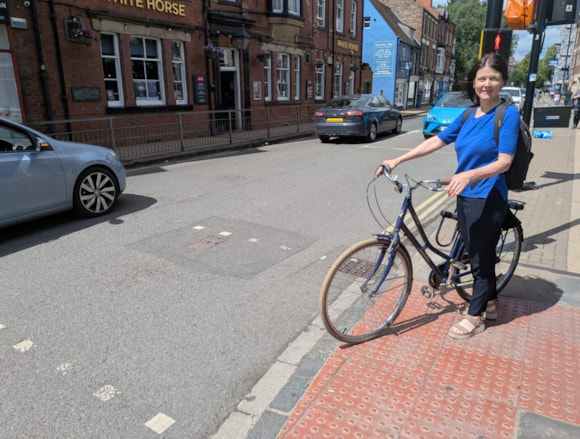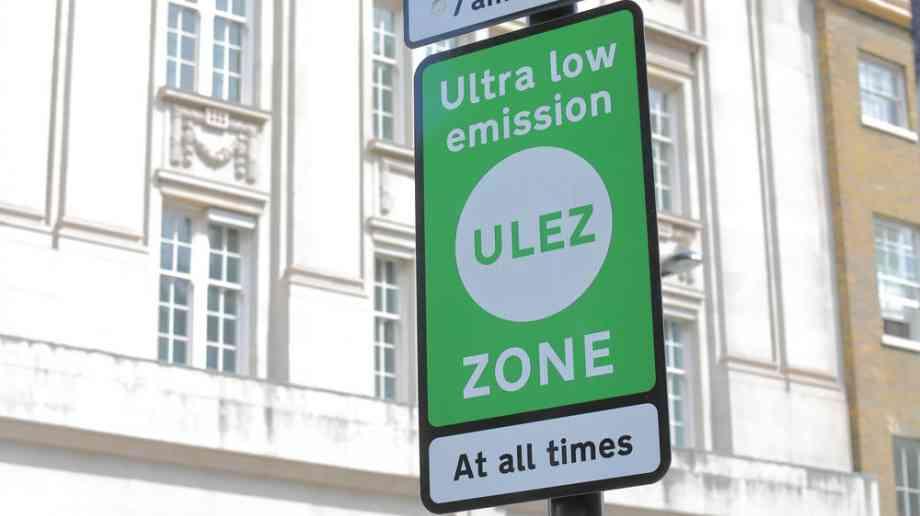Applications have opened for this year’s Air Quality Grant sheme to helps councils develop and implement measures to reduce the impact of polluted air on people’s health.
At least £1 million of the £9 million available this year will be dedicated to projects to improve public awareness in local communities about the risks of air pollution, following a recommendation in the Coroner’s Prevention of Future Deaths report after the tragic death of Ella Kissi-Debrah in 2013.
These could include projects to inform people about the ways to reduce their exposure to emissions by avoiding pollution hotspots. Projects that deal with improving air quality, as well as improving knowledge about the health risks, are also strongly encouraged to apply.
Local authorities can also bid for a portion of the fund for a wide range of other projects to improve air quality and create cleaner and healthier environments.
The criteria for this year’s grant period will prioritise three areas: projects which reduce air pollutant exceedances, especially in those areas that are projected to remain in exceedance of the UK’s legal targets; projects that will improve knowledge and information about air quality and steps individuals can take to reduce their exposure to air pollution; and projects that include measures to deal with particulate matter, which is the pollutant most harmful to human health.
The Westminster Cross River Partnership received £573,370 from the 2019 fund alongside £160,000 match funding from Business Improvement Districts and local authorities to develop initiatives to improve air quality across London.
The partnership, led by Westminster City Council in collaboration with 16 project partners, has engaged with businesses through the Clean Air Villages project to develop local initiatives to support organisations in reducing their emissions from deliveries and servicing trips. This includes nine cargo bike schemes, replacing car and van deliveries with cycle freight; a citizen scientist air quality monitoring project to help provide information about local air quality and an air quality ambassador programme.
This project and others funded by the grant scheme have contributed to the significant improvement in air quality seen in the UK in recent decades. Since 2010, levels of fine particulate matter (PM2.5) – particles or liquid droplets in the air which present the greatest risk to public health – have reduced by 11% while emissions of nitrogen oxides have fallen by 32% and are at their lowest level since records began.
Environment Minister Rebecca Pow said: “We know local authorities are best placed to address the issues they face in their areas. We look forward to receiving innovative ideas for ways to reduce emissions, help communities understand how they can limit their exposure to air pollution, and promote cleaner, greener alternatives.”
Kate Fenton, who led the Clean Air Villages project funded by the Air Quality Grant, said: “Defra’s Air Quality Grant has enabled Cross River Partnership to bring together its members from the public and private sector, to deliver both tailored local initiatives and cross-borough schemes that improve air quality in London and beyond.
“The recently launched Clean Air Tool supports businesses and individuals who are considering switching from diesel vehicles to zero or ultra-low emission options to understand the impact of their choices. The latest phase of the Clean Air Villages project to be funded by the grant, and led by Westminster City Council, provides the opportunity to continue promoting and launching cargo bike and shared electric vehicle schemes.
“There are also a wide range of freight interventions being delivered, some of which are to support businesses in understanding the impact of the expansion of the Ultra-Low Emission Zone on their business. Through working together, we can improve the air that we all breathe.”
Applications for the grant open from Friday 3 September and close on Friday 8 October.
Local Authorities in England are invited to apply via Bravo. Further details on how to apply are available on the Air Quality Grants GOV.UK page.







